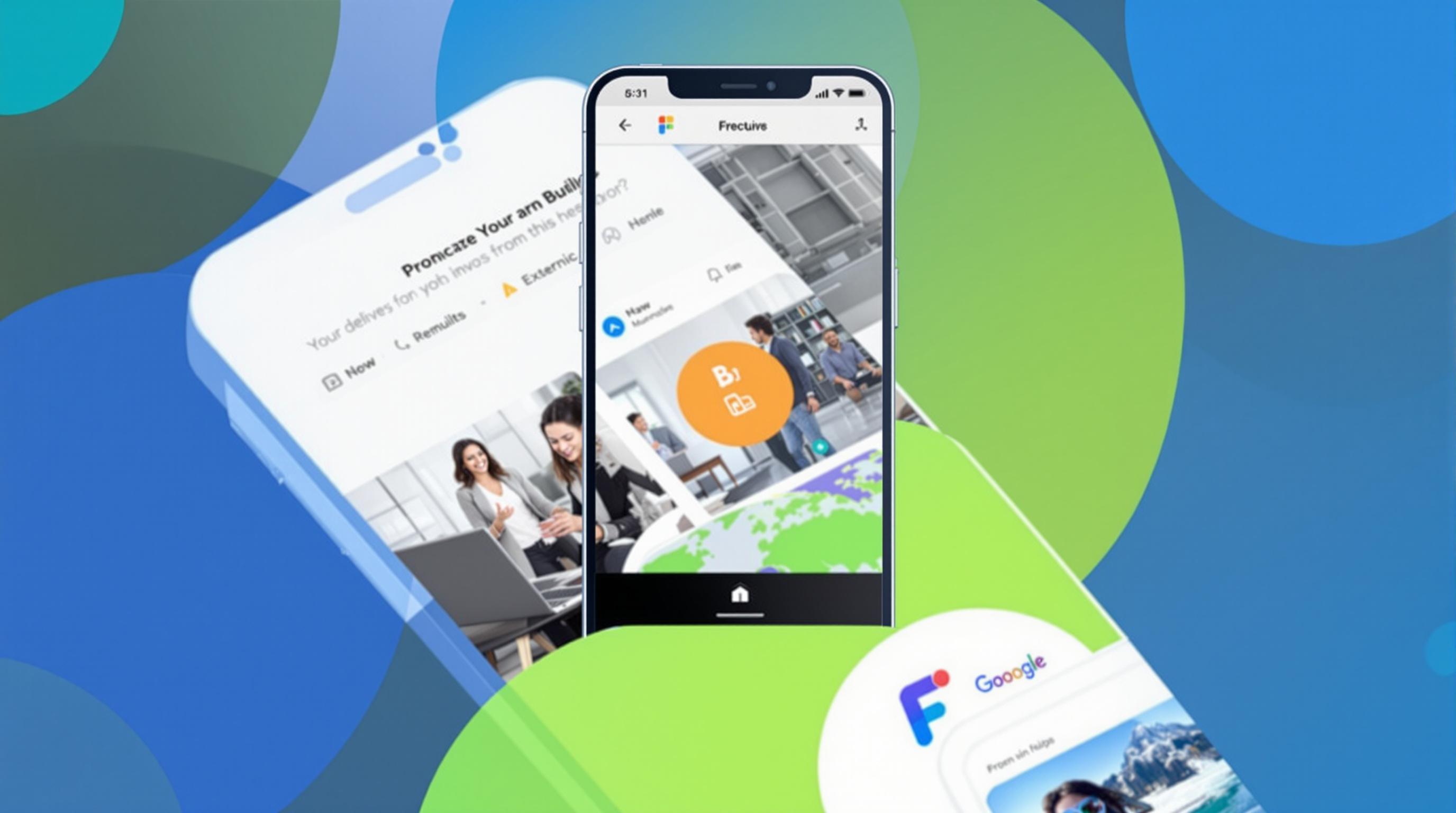Related Articles
- 7 Game-Changing Student Budget Apps Released Since 2019 That Slash College Living Expenses
- The Silent Toll of Campus Health Services: Unpacking the Overlooked Expenses Students Face Beyond Tuition
- Examining Virtual Tour Accessibility Challenges for Neurodiverse and Disabled Students in Higher Education
- The Role of Virtual Campus Visits in Shaping Student Identity and Community Belonging from Afar
- How Procrastination Patterns Shape College Application Outcomes: Analyzing the Role of Timing in Student Decisions
- How Seasonal Patterns Influence Decision-Making Mindsets During Critical College Application Phases
How Unconventional Internship Scheduling Can Reveal Hidden Strengths and Boost Long-Term Career Growth
How Unconventional Internship Scheduling Can Reveal Hidden Strengths and Boost Long-Term Career Growth
Unconventional internship scheduling not only helps students uncover latent talents but also propels their career trajectories far beyond initial expectations. By breaking free from traditional patterns, interns gain diverse experiences that foster long-term professional growth and adaptability.
The Myth of the 9-to-5 Internship
Traditional internships are often typified by rigid 9-to-5 schedules, a remnant of industrial-era work habits that don’t necessarily align with modern creativity or efficiency. However, this setup may inadvertently suppress the very skills these experiences are meant to nurture. Flexible hours, part-time engagement, or project-based commitments allow interns to work when they feel most productive, often leading to enhanced output and discovery of hidden strengths.
A Shift in Perspective: From Hours to Outcomes
When we consider success through the lens of mere hours clocked rather than tangible achievements, we miss the nuanced benefits of unconventional scheduling. For instance, research from Stanford University suggests that performance declines when individuals work prolonged, monotonous hours; flexibility can reverse that trend by boosting both satisfaction and results (Bloom et al., 2015). This flexibility lets interns explore their peak creative periods, discover strengths like time management and self-motivation, and develop autonomy early in their careers.
Case Study: Emma’s Journey Through Flexible Internships
Emma, a 22-year-old marketing intern, opted for an internship program that allowed her to allocate her 20 weekly hours at times she preferred. Initially skeptical, her mentor saw remarkable improvements in Emma’s output during later afternoon hours compared to early mornings. This schedule enabled Emma to balance a creative writing hobby with her professional tasks, which translated into sharper content creation skills. Within months, Emma secured a full-time role, citing the internship’s flexibility as crucial to uncovering her passion for storytelling within marketing.
Humorous Realities: When 9-to-5 Isn’t the Idea
Ever tried sending an important email at 8 a.m. only to find your creative juices flow best at 11 p.m.? Many interns joke about their “late-night brilliance,” poking fun at the idea that the traditional office hour is sacred. One intern quipped, “If I had to stay awake through 8 a.m., I’d probably start writing in pig Latin!” This lightheartedness shows a deeper truth—creativity and productivity are not dictated by clocks but by individual rhythms.
Boosting Long-Term Career Growth
Adopting non-standard internship schedules is more than just a perk; it’s a strategic career investment. Flexibility empowers interns to build resilience and problem-solving skills—a must-have for the dynamic job market. By confronting and managing their own time, interns cultivate self-confidence and discipline, equipping them for leadership roles that demand adaptability and innovation.
Statistical Spotlight: Flexibility Benefits
According to a 2022 survey by the National Association of Colleges and Employers, 68% of interns reported higher job satisfaction when given flexible scheduling options, and 54% felt better prepared for full-time employment (NACE, 2022). These figures underscore how flexibility not only improves experience but also prepares interns for real-world challenges.
Casual Conversation: Why We’re Better Off Ditching the Clock
Let’s have a heart-to-heart about why punching the clock isn’t always the answer. When I interned at a graphic design firm, I realized that my best designs came during spontaneous bursts of creativity late in the evening, not during structured office hours. So why chain ourselves to outdated models? Life’s messy, and productive creativity doesn’t always slot neatly between 9 and 5. Embracing unconventional internship hours means embracing our quirks—and that’s where real growth lives.
Storytelling: A Mentor’s Wisdom
One of my mentors shared a personal tale: she’d struggled early in her career when forced into rigid schedules. Later, during an internship program that allowed her to design her workweek, she discovered her knack for client communication. That internship became the launchpad for a successful career in public relations. Her advice? “Don’t just count hours—make hours count.” This ethos perfectly encapsulates why breaking free from traditional schedules can shine a light on unexplored talents.
Formal Approach: Organizational Benefits of Unconventional Scheduling
Companies adopting flexible internship schedules often benefit from more innovative contributions and higher intern retention. A 2019 Deloitte report indicates that workplaces encouraging flexible hours saw a 30% increase in intern project delivery quality (Deloitte, 2019). Furthermore, these organizations demonstrated stronger talent pipelines due to improved intern engagement and satisfaction.
Practical Tips for Implementing Flexible Internships
For organizations and interns alike, clear communication and goal-setting are paramount when handling unconventional schedules. Setting weekly objectives, providing regular feedback, and utilizing collaborative tools help maintain structure without sacrificing flexibility. Interns should proactively track their progress and reflect on their productivity patterns to maximize benefits.
Championing Diversity and Inclusion Through Flexibility
Flexible internships reduce barriers for students balancing family responsibilities, part-time jobs, or health-related issues. Offering varied scheduling options enhances inclusivity, allowing a wider range of talents to participate and thrive. This inclusive approach enriches the professional environment, fostering diverse perspectives essential for innovation.




